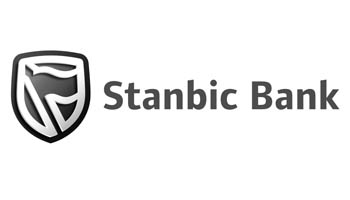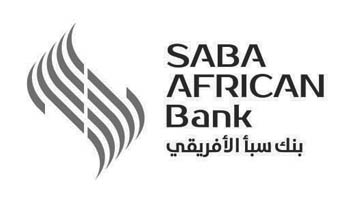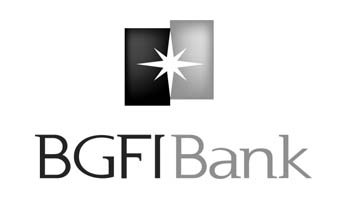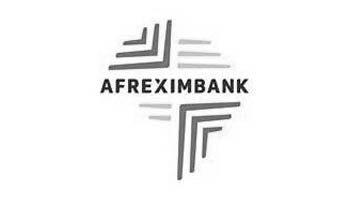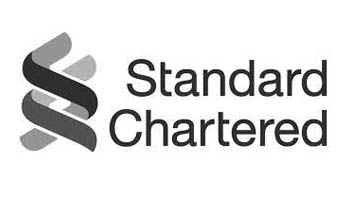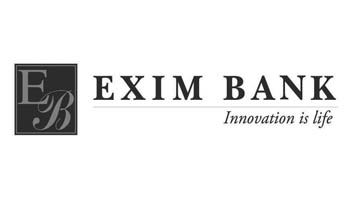Africa’s largest economy is on a mission to facilitate diversification and promote inclusive, equitable and eco-friendly growth by channelling digitalisation into all its sectors.
Nigeria is predicted to replace the US as the third most populated country on the planet by 2050. This growth is a major factor driving its national policy on climate change and its goal to guarantee national food security. With a view to this, the nation’s digitalisation agenda is proving to be a critical player in the path to sustainability, ensuring Nigeria’s thriving growth trajectory remains on track and its enabling economic transformation is in full compliance with climate-friendly policies while boosting job creation.
In February 2022, the EU announced its plan to invest €820 million in support of the country’s digital economy over the next three years to nurture Nigeria’s enormous potential for digitalisation. At the same time, the effects of the pandemic have acted as a catalyst in accelerating the push in digital services offered, particularly in public administration, healthcare, financial services and education. “Nowadays, everything has gone digital,” declares Mofid Karameh, Chairman and CEO of Mikano International. “This is the future and, for an organisation to survive, it needs to keep up with the trend. At Mikano, we are continually improving our processes and digitisation is how we are setting the pace.”
Nigeria has also made innovative progress with the repositioning of Lagos State as a smart city, and in November 2021, Nigeria became Africa’s first nation to introduce a digital currency when it launched the eNaira, an electronic version of the paper naira currency, issued by the Central Bank of Nigeria. “We are trying to promote an African Silicon Valley in Lagos in the hope that a lot of investment happens,” explains Samaila Zubairu, President and CEO of the African Finance Corporation. “We think there’s a massive opportunity for digital infrastructure and we are driving that significantly.” The government’s Strategic Economic Roadmap and Action Plan 2021-2024, which is contained in the Nigerian National Digital Economy Policy and Strategy, is facilitating digitisation through the promotion of digital literacy, cybersecurity, digital innovation and entrepreneurship.
Emerging technologies and services such as cloud solutions, Intelligent Connectivity and IoT are in place while Nigeria is set to become Africa’s highest 5G subscriber by the end of 2022. The Nigerian administration also plans to migrate all government paper activities to paperless by 2030. Paperless activities concentrate the focus and impact of digitalisation in all sectors, including power-generation operations and real estate, where an online electronic conveyance system is currently underway. “The whole idea in Nigeria and for us, as a Group, is to keep abreast with global trends,” declares Chairman and CEO of Cosgrove, Umar Abdullahi. “We are leveraging technology and the internet to improve our lives, and this is what Cosgrove is all about; we have already started venturing into full automation.”
In Nigeria, digital technologies are transforming every aspect of modern life and the benefits to the nation are vast, ranging from improved security, the expansion of the economy, increased efficiency and the provision of climate-friendly innovative solutions. These enhancements are profitable for not only individuals, businesses, the government and the environment in Nigeria but the continent and world at large. Positioned firmly at the forefront of Africa’s digital economy, Nigeria is leading the way towards sustainability, growth, innovation and productivity with confidence, dignity and hope for a wonderful and promising future.





